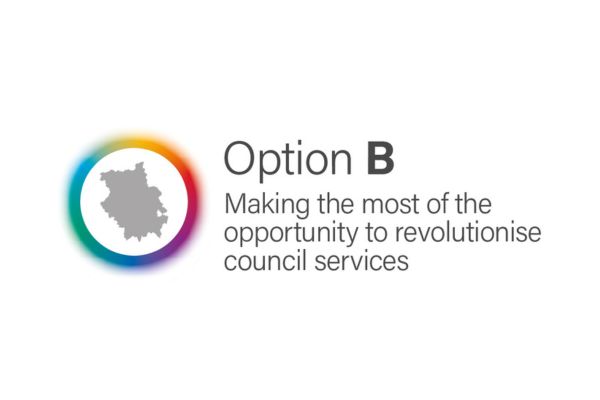This guidance is intended to help grant applicants manage and present their finances. It includes links to other useful guides and will help you demonstrate good practice when applying for a grant.
You must ensure that all money and assets are used:
- efficiently and effectively
- wholly to meet the objects of your organisation as set out in its governing document
- only for the purposes for which they were given
- on expenditure authorised specifically or approved as part of an overall annual budget
Your organisation must:
- prepare, implement and revise its own financial regulation and control systems and safeguards all assets and money
- keep all records for the same 12-month period as its agreed financial year
- prepare all necessary documentation
- store all financial records securely for at least seven years (six years and the current year)meet all legal and other obligations under charitable law, the Companies Act, HM Revenue and Customs, employment law, and common law
- circulate information to all members, trustees and funders as required
- establish adequate cover for financial duties and responsibilities and is not dependent on one person, ensuring that no single individual has sole responsibility for any single transaction from authorisation to completion and review
Exercise reasonable care and ensure that your organisation:
- does not enter into financial commitments without having sufficient funds to cover them
- pays all statutory deductions and taxes and claims all due relief
- has appropriate and adequate insurance
For more information, read:
- Internal financial controls for charities (Charity Commission)
- Financial procedures manual (National Council for Voluntary Organisations)
Budgeting
Prepare an annual budget for your whole organisation for the following financial year. Base it on past experience and reasonable estimates of the costs of an approved work programme.
You should start working on this in enough time for it to be ready by the start of the financial year that it covers.
Your annual budget should contain:
- an opening balance
- all estimated receipts and income, analysed under activity or service headings and listing separately all sources including statutory sector grants
- all estimated expenditure, analysed under activity or service headings
- a closing balance
You should monitor your budget regularly – every term, quarter or six months as appropriate.
Review the current year’s budget in line with actual income and expenditure. Decide on appropriate action to deal with any overspend or underspend, and revise your budget accordingly.
Overheads and full cost recovery
Full cost recovery is the system by which organisations secure funding for the full cost of a project or activity by including both the direct costs of the project and a relevant portion of overhead costs within funding applications.
For more information, read:
Record keeping
There should be paperwork for each financial transaction. This might be an invoice, receipt, petty cash voucher, or a letter from somebody providing funds.
You should:
- record all financial transactions in a book-keeping analysis system that allows the identification of restricted receipts and payments
- reconcile accounts with bank statements every month
- check and reconcile petty cash systems every week
Receipts and invoices must be on official headed paper and must have been prepared by the payee.
Accounts and annual reports
You must prepare accounts for every year, always using the same agreed 12-month period.
Your accounts must contain:
- brought forward and carried forward figures
- information about income and expenditure
- a balance sheet or statement of assets and liabilities
- reporting on restricted funds
You must:
- have them checked in accordance with your organisation’s status, income and governing document
- take the full set of accounts to your annual general meeting for consideration and approval
- deposit copies with Charity Commission, Companies House, and funders as required
- make them available to any member of the public who requests a copy
All registered charities must also prepare a trustees’ annual report and make it available on request. What to put in your annual report depends on your organisation’s income and the value of its assets.
For more information, read:
- Prepare a charity’s annual accounts (GOV.UK)
- Prepare a charity annual return (Charity Commission)
- Charity reporting and accounting: the essentials (Charity Commission)
Reserves
Decide what eventualities need to be covered by money kept in reserve and how much is needed. You should recalculate annually the amount of money needed by the items in the reserves policy.
You must prepare, agree and review a reserves policy that meets the Charity Commission’s guidelines.
Your annual accounts should include a statement explaining:
- how much should be kept in reserves according to your policy
- how much you actually have in reserves
- how any significant difference between the two will be dealt with
We need to have a clear understanding of your policy, which must explain and justify the reserves you hold.
For more information, read:
Unrestricted funds
Unrestricted general funds are funds that have not been earmarked for a particular purpose. They can be spent at the trustee’s discretion in accordance with your organisation’s objectives.
Unrestricted designated funds are set aside for a particular purpose without restricting or committing the funds legally.
You should explain the purpose of these funds in your accounts. They must be supported by a structured plan and indicate when they are likely to be spent.
Trustees
If you are developing a board or recruiting new trustees, ensure they read and understand their duties.
For more information, read:



